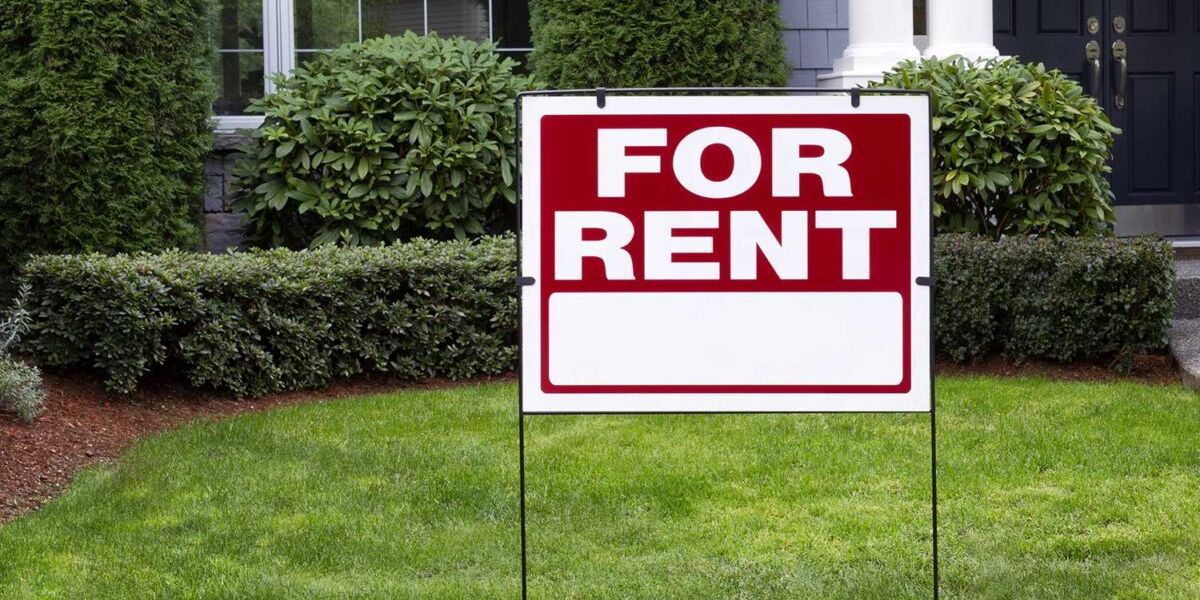Rent increases are a significant concern for renters, especially in areas with high housing demand. As Maryland moves into 2025, it is essential for tenants to understand the state’s rules and regulations surrounding rent increases. While Maryland does not have statewide rent control, there are important notice requirements and local ordinances that protect tenants from unfair rent hikes. This article breaks down the key points every Maryland renter should know.
The Basics of Rent Increases in Maryland
Maryland does not impose strict rent control across the state. However, there are still rules that govern how and when landlords can raise the rent, particularly in jurisdictions with local rent control ordinances.
No Statewide Rent Control
Maryland does not have a statewide law that caps how much or how often landlords can raise rent. This means that in most parts of the state, landlords may raise rent as they choose, provided they give proper notice. However, cities and counties may have their own rules, especially for older or affordable housing units.
Local Rent Control Ordinances
Some areas in Maryland, such as Montgomery County and Prince George’s County, have enacted rent control laws. These laws limit how much landlords can increase rent annually, typically based on a percentage tied to the Consumer Price Index (CPI). These ordinances often apply to older properties or those designated as affordable housing.
Lease Agreements and Rent Increases
For tenants with a fixed-term lease, such as a one-year lease, rent generally cannot be increased during the lease term unless the lease specifically allows it. Once the lease term ends, landlords can propose a new rent amount in the renewal offer. For month-to-month leases, landlords may raise rent with the required notice, even without a lease renewal.
Notice Requirements for Rent Increases
Landlords in Maryland must provide written notice before increasing rent, and the required notice period depends on the type of lease.
Month-to-Month Leases
For tenants renting on a month-to-month basis, landlords must provide at least 60 days’ written notice before the rent increase takes effect. This notice must be given before the end of the current rental period.
Fixed-Term Leases
For tenants with fixed-term leases, landlords cannot raise rent during the lease term unless the lease includes a clause allowing it. To increase rent after the lease ends, landlords must notify tenants in writing before the lease expires. There is no limit to how much rent can be raised unless local rent control laws apply.
Rent Control Areas
In cities with rent control ordinances, such as Montgomery County, landlords must follow specific guidelines. These rules typically set a cap on annual rent increases and are updated yearly based on inflation rates. Tenants must be informed of the exact amount of the permitted increase in their rent increase notice.
How Much Can Rent Be Increased in Maryland?
In areas without rent control, landlords can increase rent by any amount, as long as they comply with notice requirements. In contrast, rent-controlled jurisdictions impose limits. For example, Montgomery County adjusts its rent increase limits annually using a formula based on the CPI.
Tenant Protections Against Unfair Rent Increases
Even in areas without rent control, Maryland law provides protections for tenants against unfair rent hikes.
Retaliatory Rent Increases
Landlords cannot increase rent in retaliation against tenants for exercising their legal rights, such as reporting code violations or organizing with other tenants. If a rent increase is suspected to be retaliatory, tenants can file a complaint with local housing agencies.
Discriminatory Rent Increases
It is illegal for landlords to increase rent based on a tenant’s race, religion, gender, sexual orientation, disability, or other protected characteristics. Discriminatory rent increases violate federal and state fair housing laws and can be challenged in court.
What Can Tenants Do If They Believe a Rent Increase Is Unfair?
If a tenant believes a rent increase is unreasonable or unlawful, several options are available.
Review the Lease Agreement
The first step is to review the lease agreement to ensure the landlord is not violating its terms. If the lease prohibits rent increases during the lease period, the tenant may have a legal case.
Negotiate with the Landlord
In some cases, tenants can negotiate with landlords to reduce or delay the rent increase, especially in high-demand markets where mutual agreement benefits both parties.
Check Local Rent Control Laws
Tenants in cities with rent control should verify that the proposed increase complies with local laws. If the rent hike exceeds the allowed limit, tenants can report the landlord to the local housing authority.
Seek Legal Help
Tenants who believe a rent increase is retaliatory, discriminatory, or otherwise unlawful should consult a tenant advocacy group or a lawyer specializing in landlord-tenant law. Legal professionals can help determine whether the increase violates any laws or lease provisions.
Conclusion
Maryland’s rent laws for 2025 allow landlords to raise rents, but protections exist to ensure fairness and transparency. While there is no statewide rent control, tenants are entitled to adequate notice and safeguards against discriminatory or retaliatory rent hikes. Understanding your lease, local laws, and tenant rights is the best way to navigate rent increases and ensure you are being treated fairly. If in doubt, seek professional advice or support from your local housing authority.




